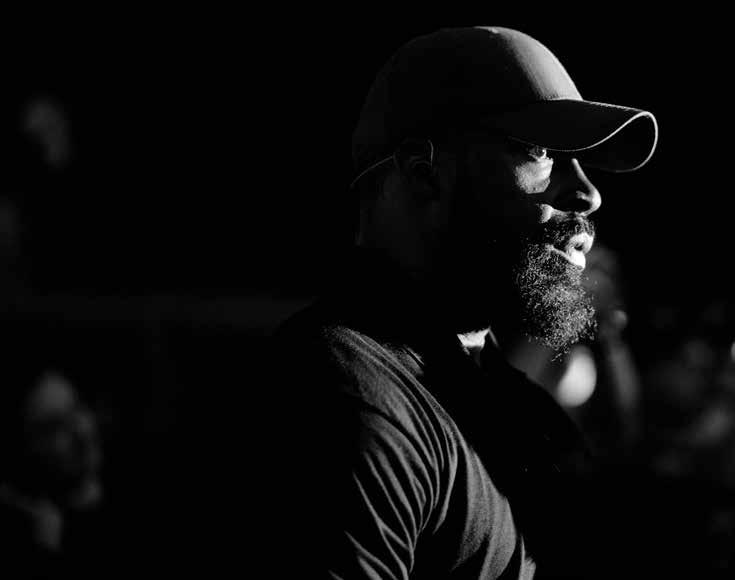
2 minute read
[New] OBSERVATION SKILLS
you must also be able to ‘’reset’’ your observations and reactions just as quickly. This is the primary reason that these skill sets must be repeatedly and constantly challenged and refreshed because if one requires too much time to think, the critical moment may very well occur before any proactive security measures can be implemented properly and the client/team will then be in jeopardy.
In 2015 I found myself for the first time working in India, a totally different and new world for me. After my driver picked me up from the airport and we were on our way to my apartment, we stopped at a gas station. As the driver was fueling the car, I decided to get out and stretch (after all, I had been flying for many hours). I saw a young woman get off a scooter and stand next to me. What primarily made the ‘’red light’’ go off in my head was the fact she had a backpack (which looked heavy), and she had a full-face scarf. Now, what I didn’t know was that this was a very frequent image for the foggy area of Mumbai, but it wasn’t common for me, so I had to re-train my observation skills according to my new environment.
Advertisement
Observation, like any other skill, can be improved with practice. Start observing people and how they interact with each other. In your daily life, get in the habit of always asking the who, what, when, where and why’s as you move about, on your way to work on the transit bus/train, at the park, in a coffee shop, in an event, at a town square, etc. What stands out? Why? What DOESN’T stand out? Why not? What belongs? What is missing?
The questions will certainly keep your mind busy, but they will definitely begin to sharpen your observation skills and adaptive reactions or solutions to events, people, and things that are happening all around you.
Tips for improving your observation skills: 1. Know your client, your environment, and your safety risks. 2. Establish your baseline. 3. Self-observation (Are you focused on your job, or is your mind wandering?) You drastically lose your awareness as you become increasingly self-absorbed or self-focused. Stay in the moment! 4. Watch hands, watch hands, WATCH HANDS! Then body core, face, and legs. Is anyone carrying anything that can be used as a weapon or beginning to gesture a violent movement in your client’s direction? 5. Less cell phone time. 6. Focus on the necessary task. 7. Focus on body language. Body language can be an amazing asset in identifying pre-attack indicators. 8. Improve your concentration. 9. Identify and block any distractions 10. Less cell phone time. 11. Pay attention to details or be aware of what might be missing. 12. Observe how people interact with each other and try to make stories about what is happening among them. 13. Less cell phone time 14. Learn more about different environments, cultures etc. 15. Keep notes of your observations. 16. Maintain critical thinking during the observation process. 17. Put information and people into categories as you notice them. 18. LESS CELL PHONE TIME. Wait, did we mention that already? This has become the primary reason for the lack of observational skills and continues to numb and desensitize people to all that is occurring around them. You will always have down time later to look at your phone and


![[New] CLASSIFIEDS](https://assets.isu.pub/document-structure/230104162153-912c8f5e8d3aa85cf4d4f5ea11523339/v1/a5653236e2030a66d0d61cf5802c5bc1.jpeg)


